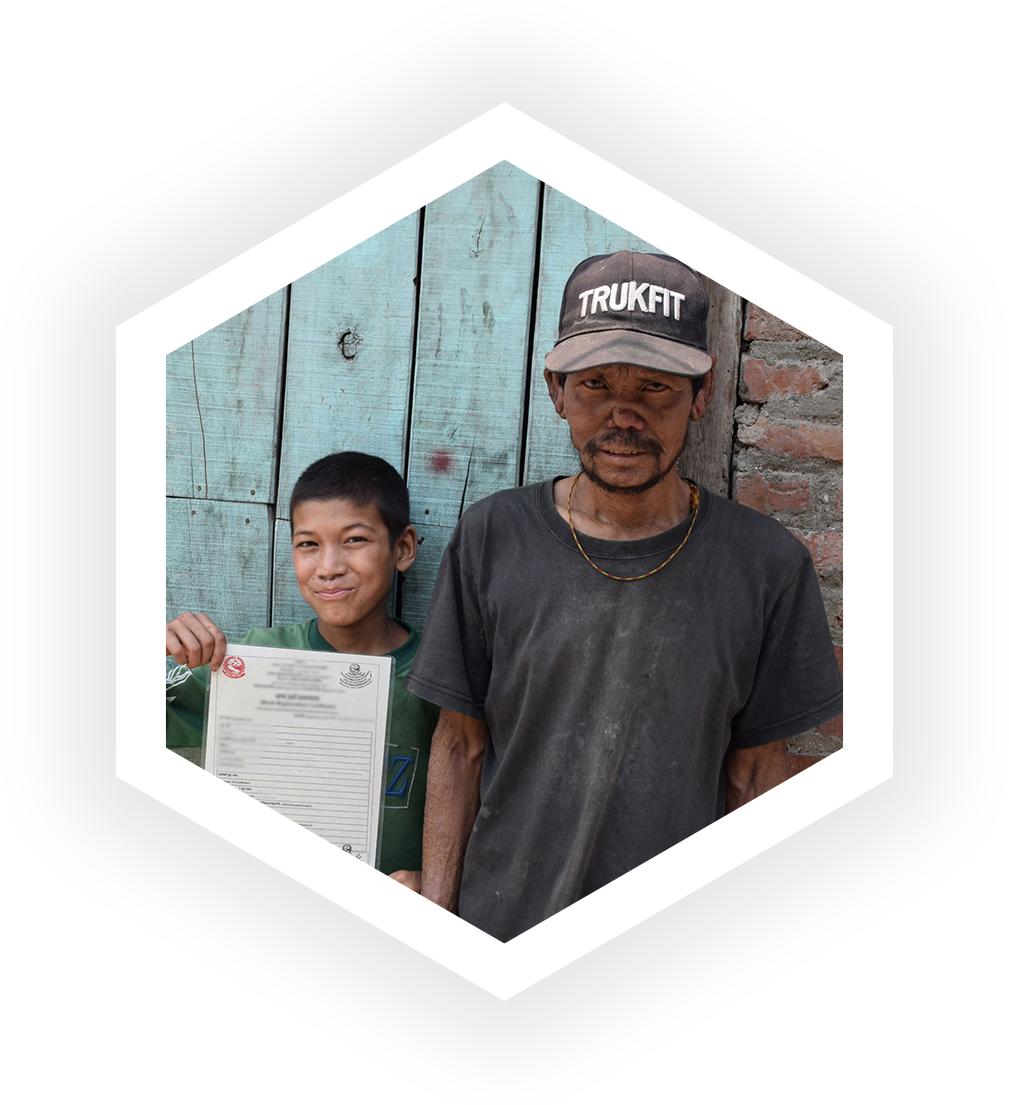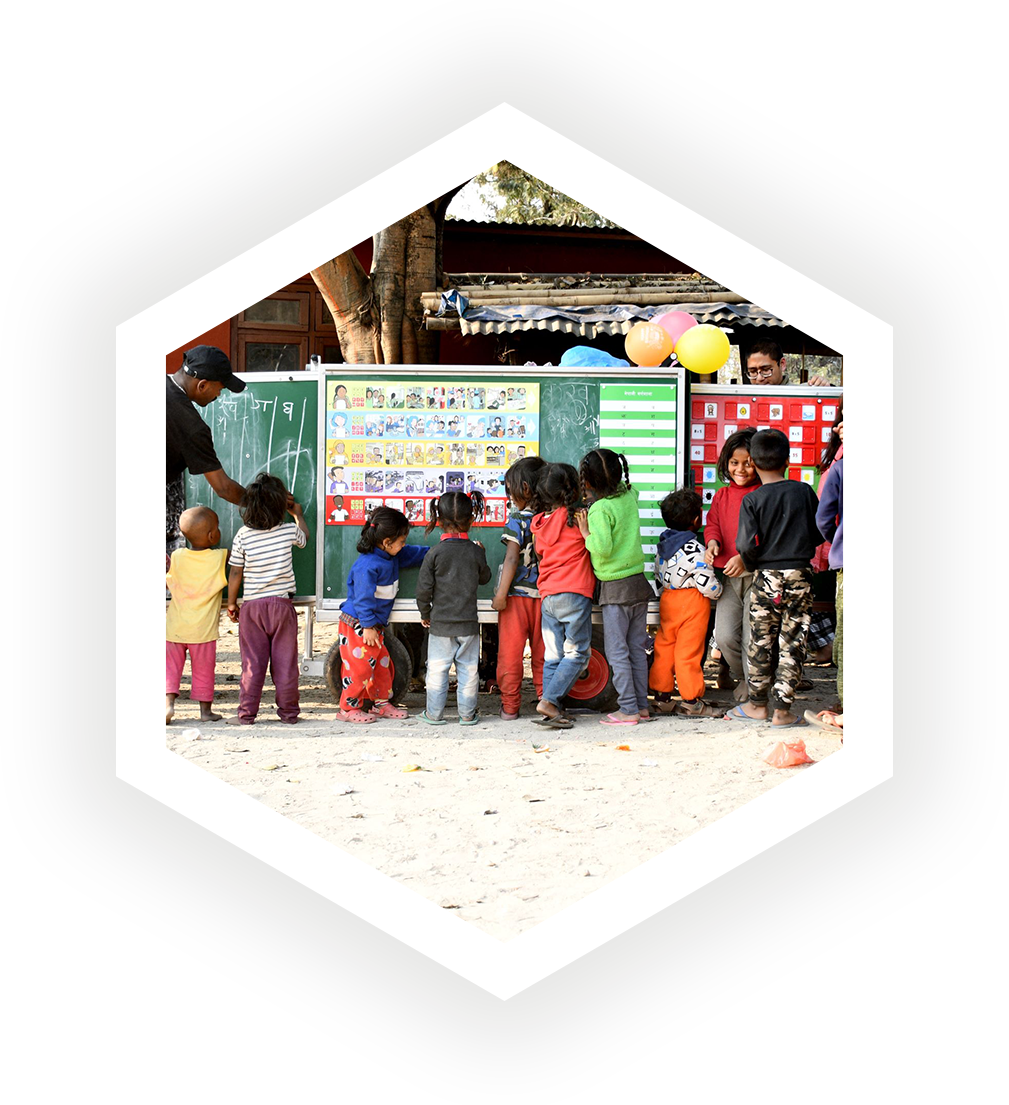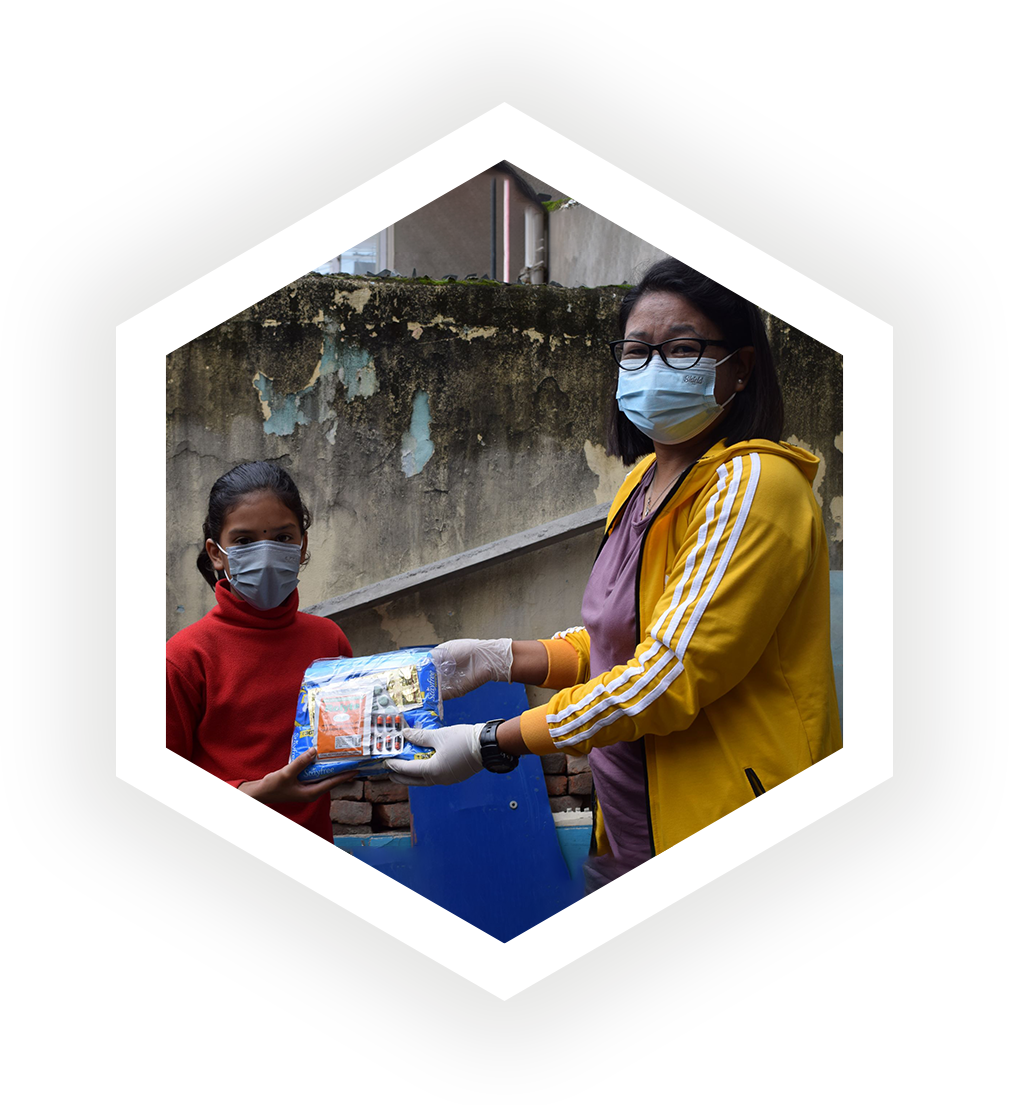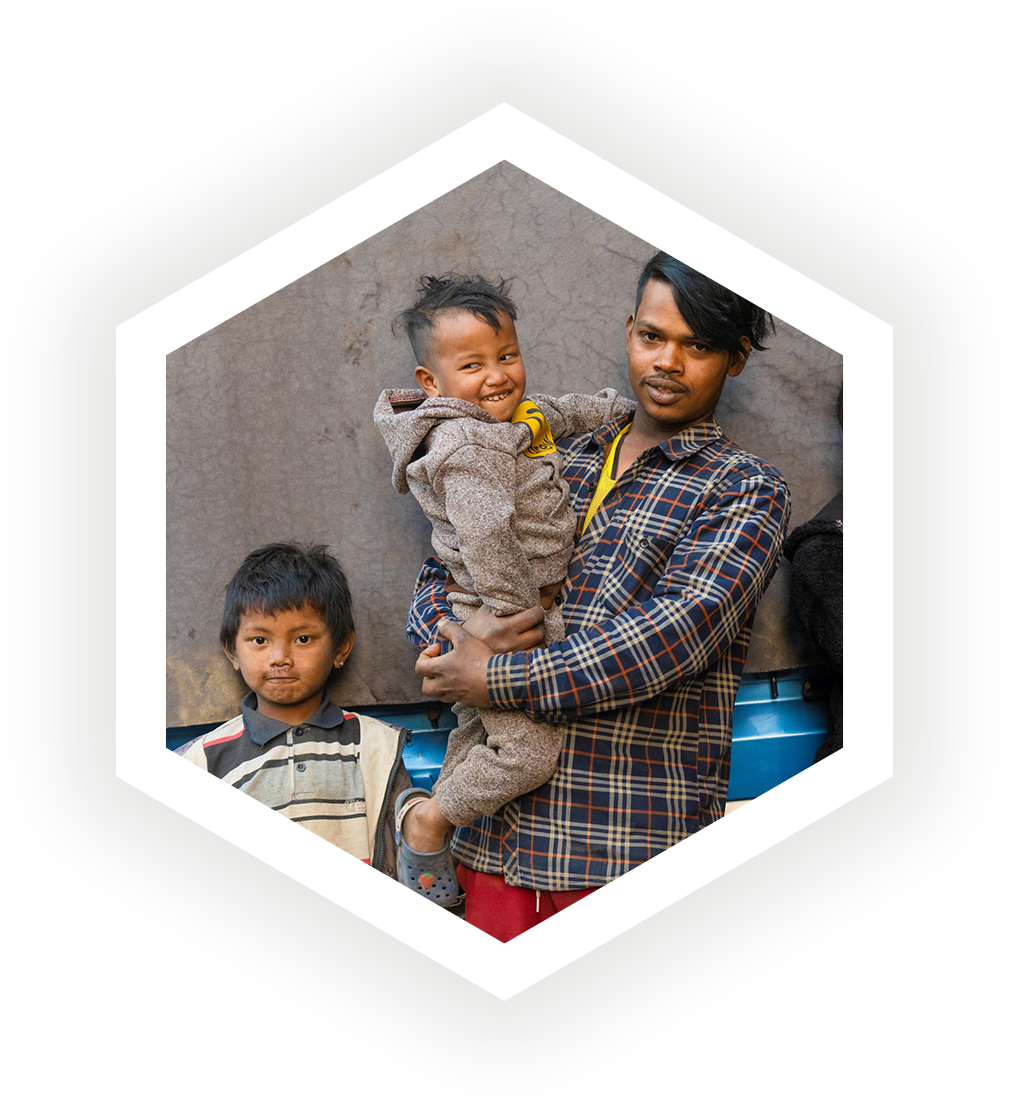The challenges
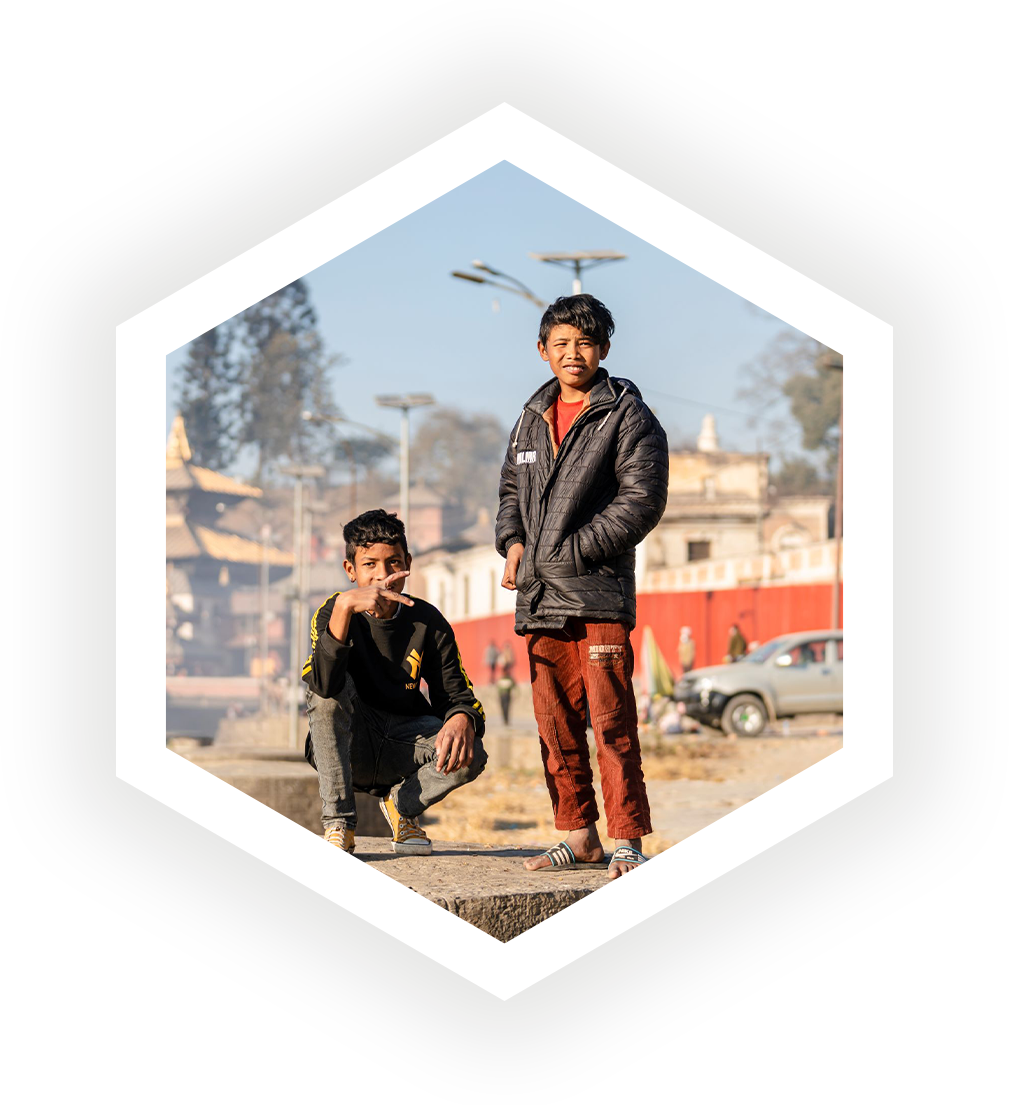
Lack of legal protection
Children who live and work on the streets in Nepal face criminalisation simply for being on the streets. According to the Consortium for Street Children, children under 18 can be arrested and detained for offences including begging and truancy . Since 2015, the Central Child Welfare Board, now known as the Child Rights Board, along with the government, called for the police to not allow any child to stay on the street. As a result, there are currently no laws or policies that directly prohibit police roundups of street children in Kathmandu.
Read moreChildren and young people who do not have any form of legal identity documents are at further risk of being denied protection and treated as adults in the criminal justice system if they cannot prove how old they are.
Unregistered children in Nepal face similar issues to those in Latin America, but perhaps the most pressing challenge in this context is that without a birth certificate, children cannot obtain official citizenship. This denies them any protection that would otherwise be offered and prevents their access to basic rights such as education, healthcare, the right to vote, a passport, and safe and legal employment in the future.
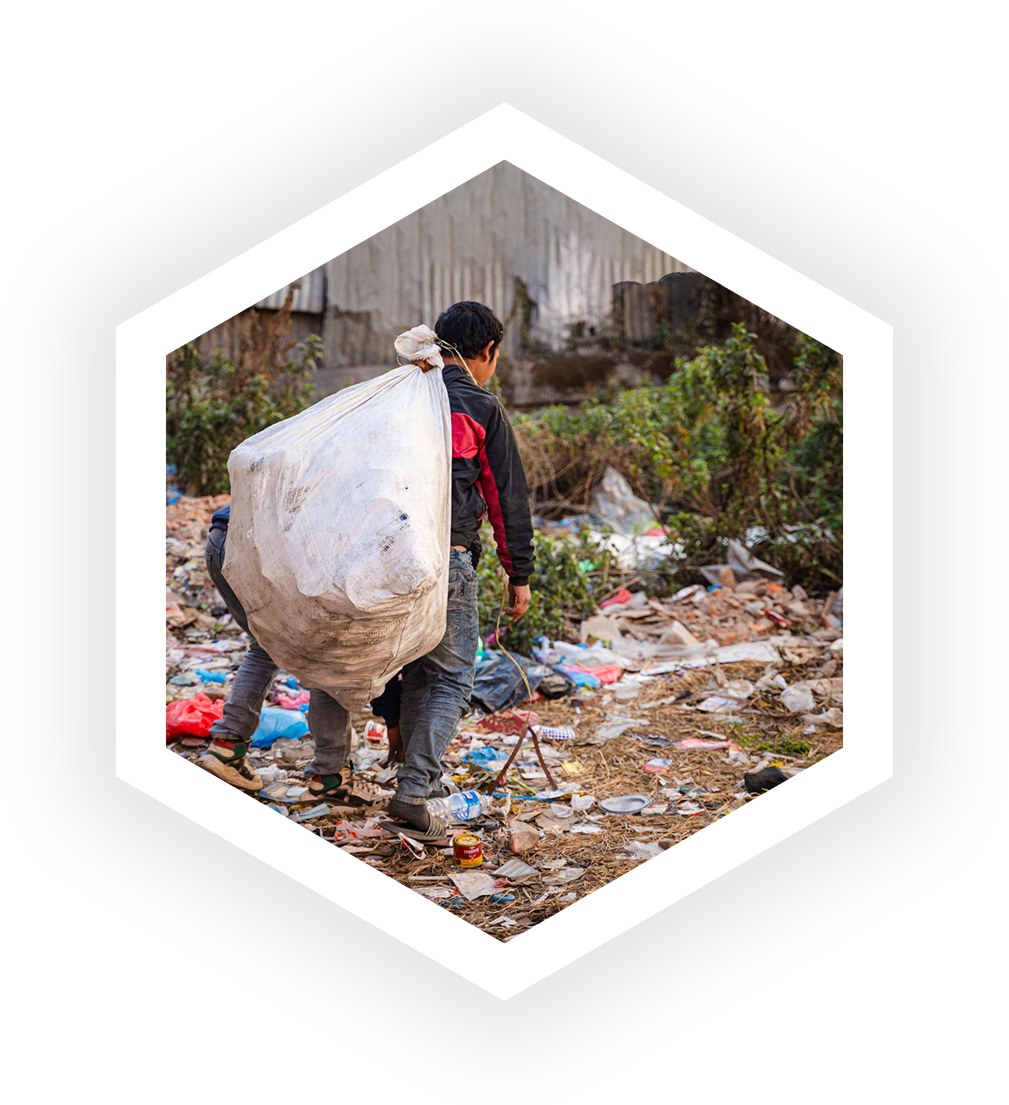
Child labour
Child labour is a common phenomenon in Nepal and is deeply rooted in the country’s history. Children are subjected to some of the worst forms of child labour, including commercial sexual exploitation and forced begging. Children also perform dangerous work scavenging on rubbish dumps for scrap metal and producing bricks.
Read moreIn 2020, the Covid-19 pandemic increased pressure on children in Nepal to join the workforce, particularly during school shutdowns and as vulnerable families, already living a hand-to-mouth existence, struggled to survive. Many unregistered street children were unable to receive government-distributed food rations during lockdowns because they could not prove their legal identity. This pushed more children to search for whatever work they could find.
During the pandemic, Toybox’s local partner in Nepal SathSath shared concerns about children and young people working without adequate protection in crematorium sites helping to burn the bodies of victims of Covid-19.
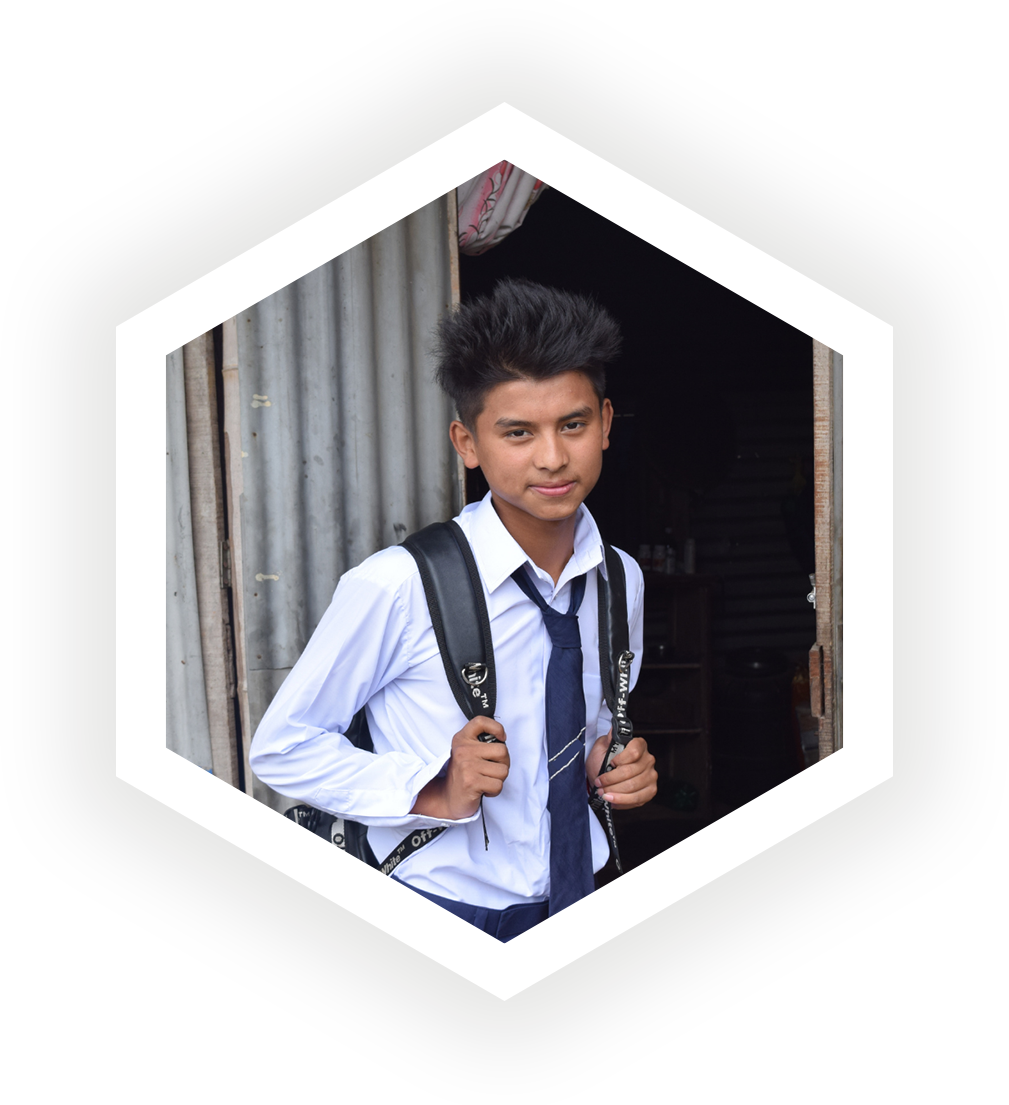
Difficulties accessing education
In Nepal, learning levels are incredibly low, with one in three children unable to read and write by age seven. The devastating earthquake in 2015 damaged the country’s education system irreparably, destroying over 50,000 classrooms and leaving 3.5 million people homeless. This disruption to learning was further exacerbated by the Covid-19 pandemic just five years later, which saw over eight million children out of school during nationwide lockdowns.
Read moreAccording to UNICEF, 1 in 4 primary-aged children and over 50% of secondary-aged children in Nepal do not attend school. As well as working to support themselves or their families, children and young people are missing out on education for many reasons; from not having the required legal identity documents to enrol to social exclusion because of gender, caste, disability, and more.
Lack of education and illiteracy can affect children’s futures in many ways. Children who are not educated are more likely to marry or have children early. They are less likely to find safe and secure employment and are at higher risk of exploitation and abuse.
Fundamentally, not having access to education disempowers children by denying them the opportunities and protection they deserve. This, for many, results in a cycle of poverty that limits their future opportunities beyond life on the streets.
